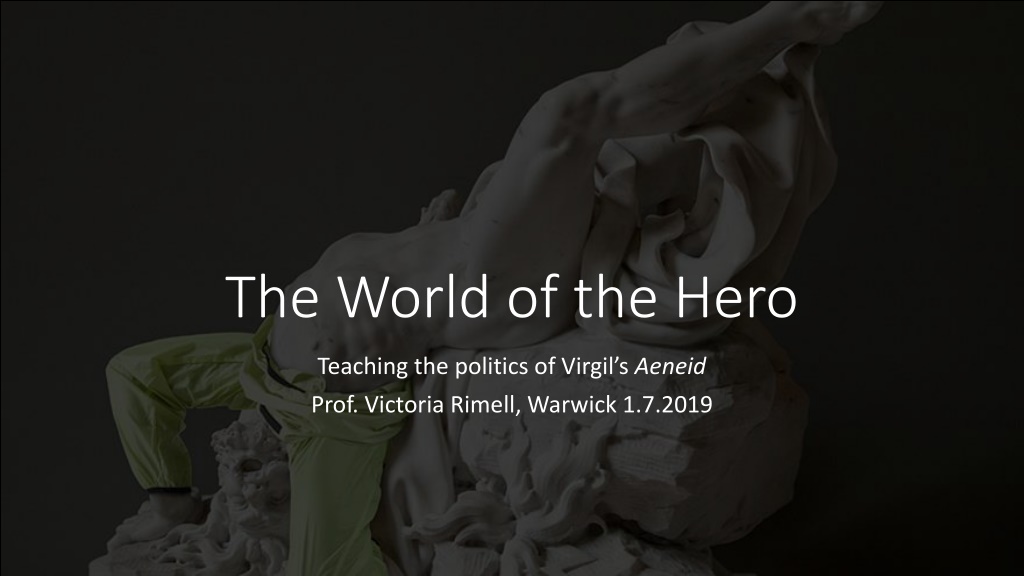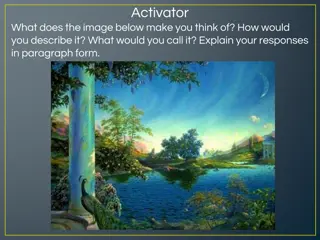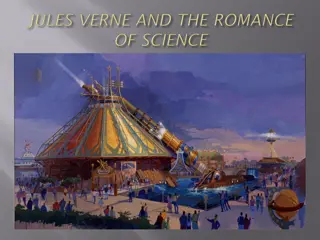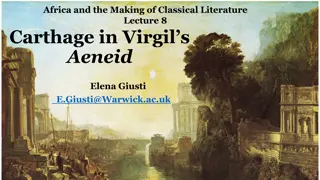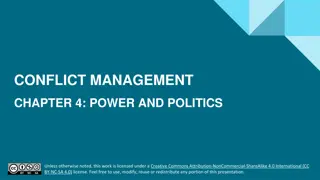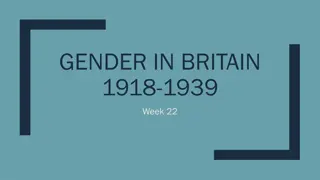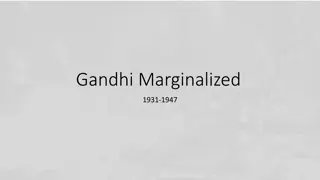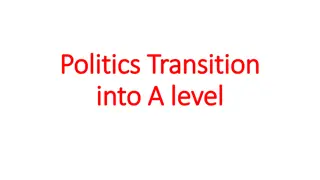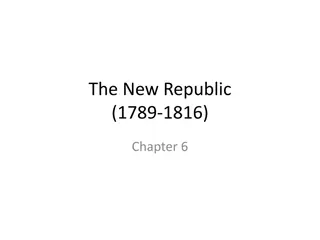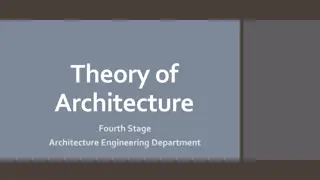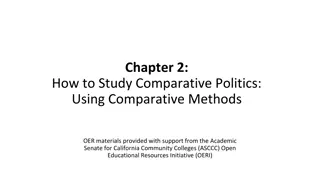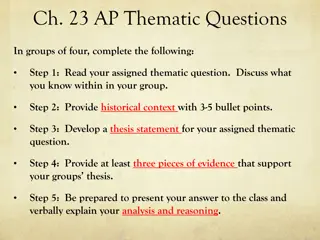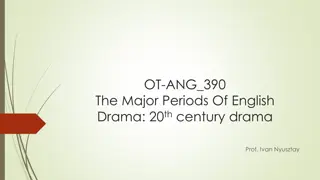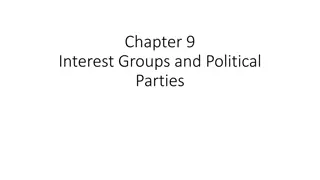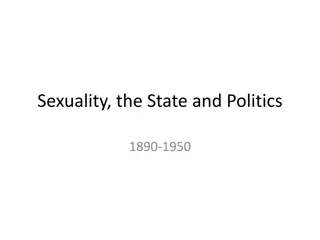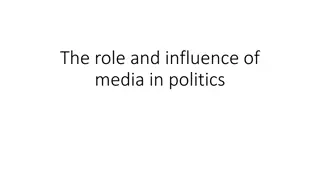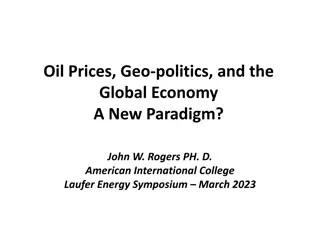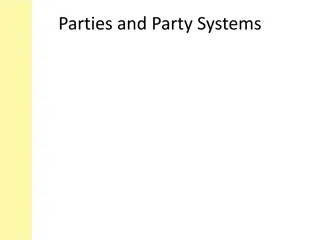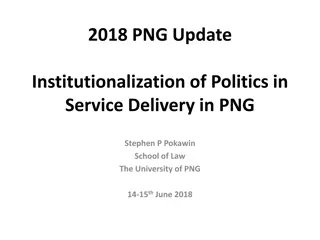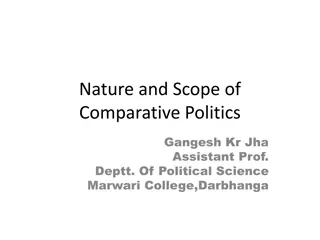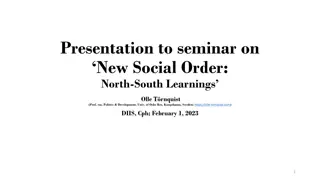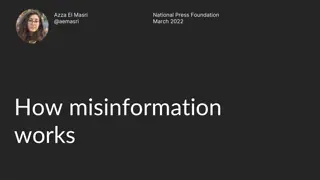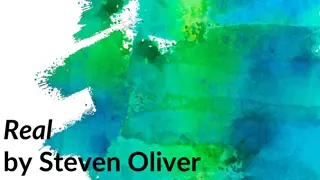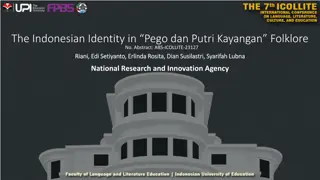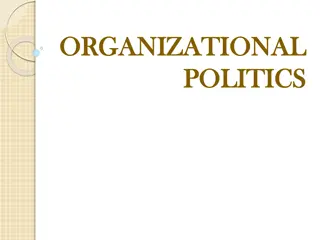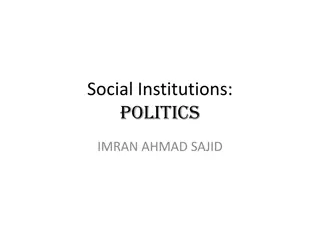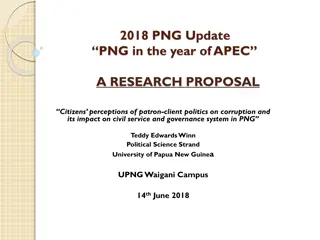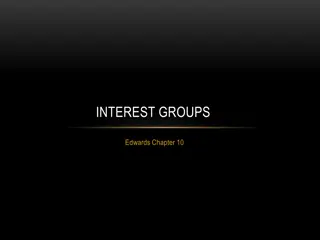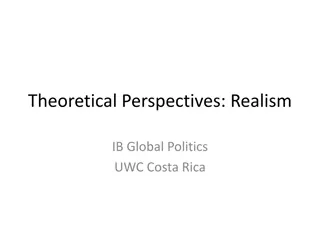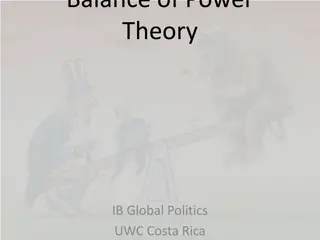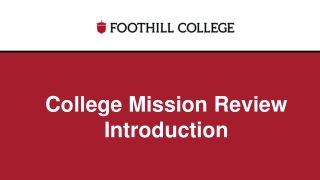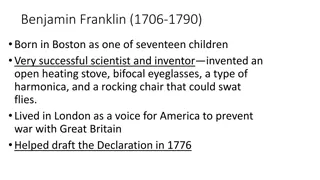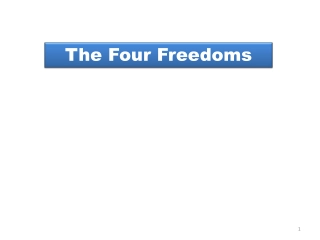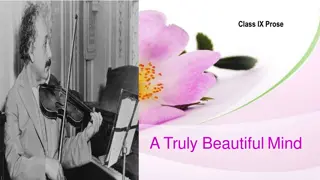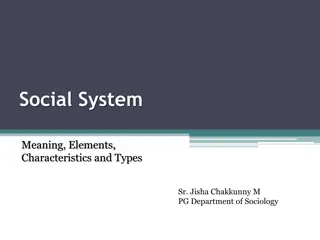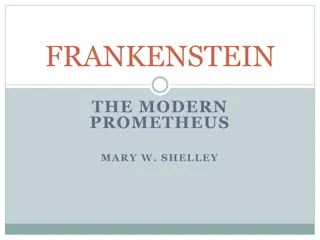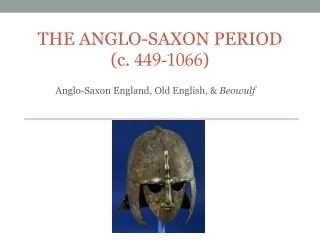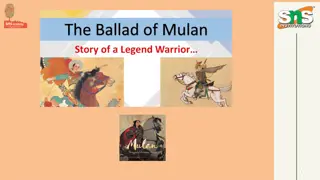Exploring the Politics and Ideals in Virgil's Aeneid
Delve into the complexities of divine intervention, Roman values, and Augustan heroism in Virgil's Aeneid. Unravel the intricate relationship between politics, epic form, and the subversive readings of this classical work. Challenge traditional interpretations and ponder the nuanced interplay of propaganda and power dynamics within the narrative.
Download Presentation

Please find below an Image/Link to download the presentation.
The content on the website is provided AS IS for your information and personal use only. It may not be sold, licensed, or shared on other websites without obtaining consent from the author. Download presentation by click this link. If you encounter any issues during the download, it is possible that the publisher has removed the file from their server.
E N D
Presentation Transcript
The World of the Hero Teaching the politics of Virgil s Aeneid Prof. Victoria Rimell, Warwick 1.7.2019
optimistic/ pessimistic readings Typical questions: The main purpose of divine intervention in the Aeneid is to glorify Rome: do you agree? Do the characters of the Aeneid display Roman values? Does Aeneas become an Augustan hero, or hero worthy of Augustus ? Is the main purpose of divine intervention in the Aeneid to glorify Rome? Aeneid as pro/ anti-Augustan The role of epic in inculcating values and ideals more generally
The political, and epic as an art form A totalising form that strives towards a conclusion where all has been achieved? A baggy, maximising form whose scale and ambition means it is always encompassing further voices ? An either-or question?
What are we doing anyway? Still guardians of tradition, viewing epic poems as embodying truths and aesthetic-political values to be revered and internalised rather than questioned? The history of reading the Aeneid as subversive, pessimistic or anti- Augustan is tied up with questioning the politics of classics as a field of study deeply implicated in imperialism, colonialism and the education of elite white men. I.e. The politics of Augustan poetry is inextricably linked with the politics of talking about it (Kennedy 1997, p.27)
Under the shadow of propaganda The Aeneid is not an extended propagandistic textbook It wasn t commissioned by Augustus; Virgil wasn t compelled to say only what cohered with the wishes and interests of the emperor and his patron Maecenas It s reductive and unhelpful to begin by thinking we must decide whether Virgil was really for or against Augustus Literary texts are not in any case straightforward manifestations of conscious authorial intention Conventionally we tend to look on Augustus as a person, but he was more significant as an idea (Kennedy) Augustan ideology emerged as a collective invention, a set of forces, conflicting desires, ambitions
Resistance and power
the clear cut distinction between Augustan and anti-Augustan breaks down. Arising from a static theory of language, it overlooks the fact that, whatever the author s intention or however great his desire, no statement (not even made by Augustus himself) can be categorically Augustan or anti-Augustan ; the traces of its constituent discourses were, and still are, open to appropriation in the opposite interest. D. Kennedy 1997 pp.40-41. The ideology of a regime that presented itself as a paradoxical monarchic Republic was shaped in such a way as to accommodate patent oppositions and contradictions while encompassing the totality of Rome s post-crisis political discourse. E. Giusti, Carthage in Virgil s Aeneid, 2018, p11.
https://rogueclassicism.com/2011/01/20/latin- intelligence/ SIR LAWRENCE FREEDMAN: WHAT WERE YOUR VIEWS OF THE FINAL REPORT OF DUELFER S? SIS4: SUNT LACRIMAE RERUM , REALLY. SIR LAWRENCE FREEDMAN: WOULD YOU LIKE TO ELABORATE? SIS4: I THINK IT SAYS IT ALL. SIR LAWRENCE FREEDMAN: ALL RIGHT. WE WILL STOP THERE. THE CHAIRMAN: TENDEBANTQUE MANUS, ULTERIORE AMORE. SHALL WE BREAK FOR TEN MINUTES? SIS4: YES, THAT WOULD BE LOVELY.
Think in terms of Differing perspectives: the oblique view TIME: heroic time - Augustan time; the future foretold from a distinctive perspective CHARACTERISATION: Doubling, trauma, civil war PHILOSOPHICAL TROPES and DIALOGUES BETWEEN SCHOOLS : e.g. Stoic vs/with Aristotelian approaches to anger.
R. Tarrant, Poetry and power in Cambridge Companion (new ed. 2019) To see signs in Virgil of an ambivalent or pessimistic outlook is not to read him anachronistically. In fact, while explicit interpretation of the Aeneid along these lines is a relatively recent development, the aspects of the poem to which an ambivalent or pessimistic reading responds can claim to be the most basic or permanent, having their origins in the poem s conception of human nature. An optimistic or Augustan view, on the other hand, highlights elements of the poem that ultimately depend on a contingent set of historical circumstances, the hopes for renewal and stability raised by the ascent of Augustus. In that light, what calls for explanation is less the fact that critics in the middle and late twentieth century began to articulate a pessimistic view of the Aeneid than that an optimistic consensus prevailed for so long. Since Virgil s optimism is linked to his pride in Rome and his hopes for its future, a positive view of the Aeneid s import requires a reader who either shares that pride or for whom the concept of Rome carries an equivalently powerful value. In other words, just as the grounds for hope within the poem are historically contingent, so too is the perspective needed to read the poem optimistically. (p259-60) ???
